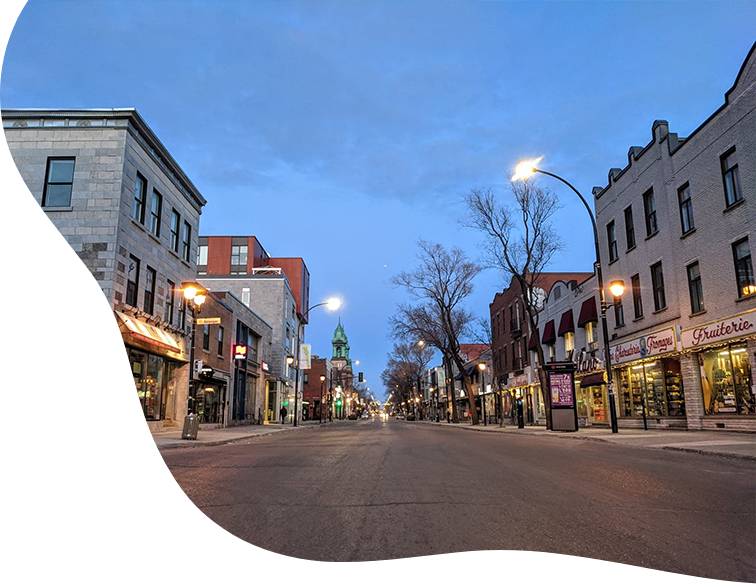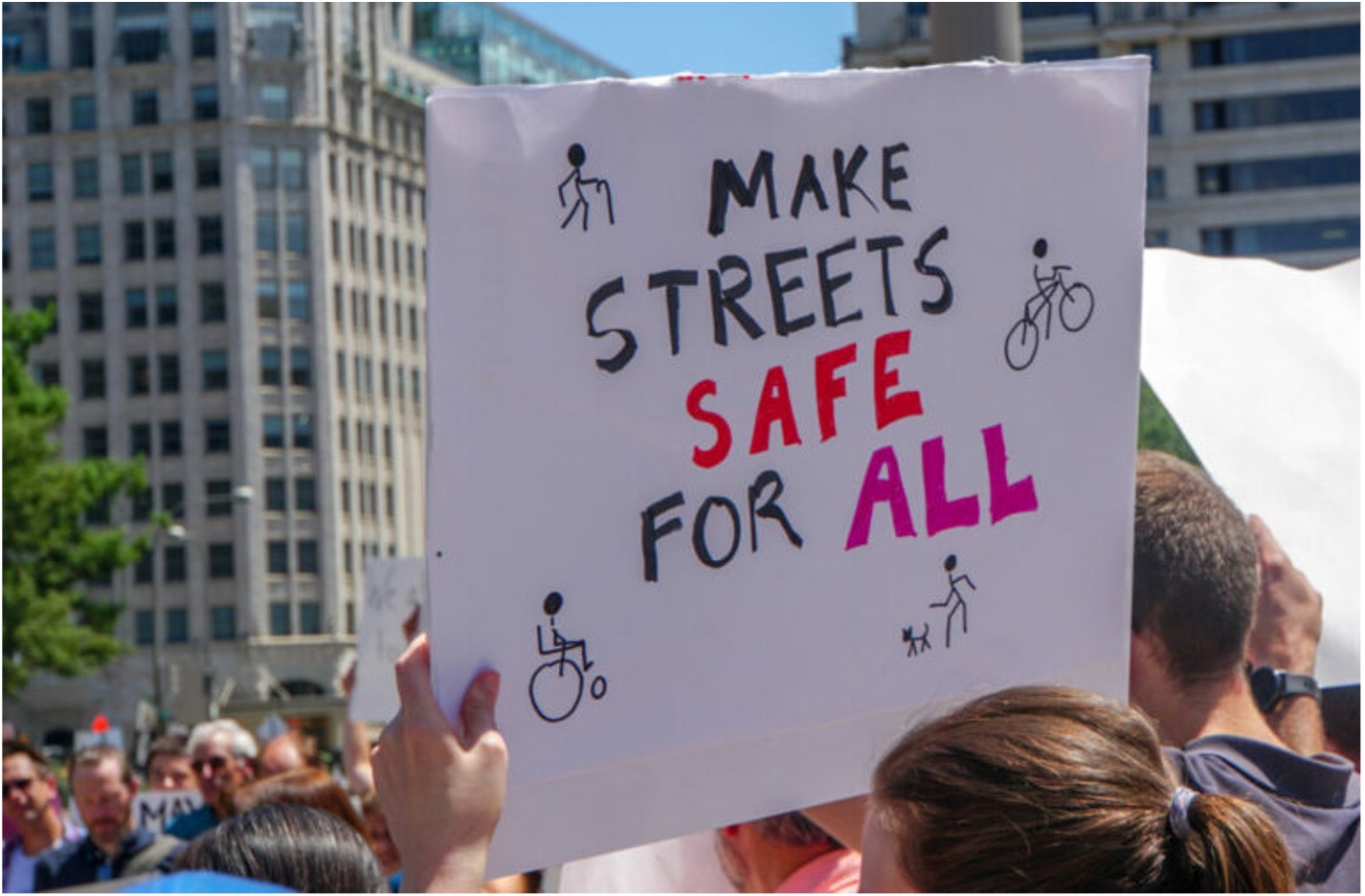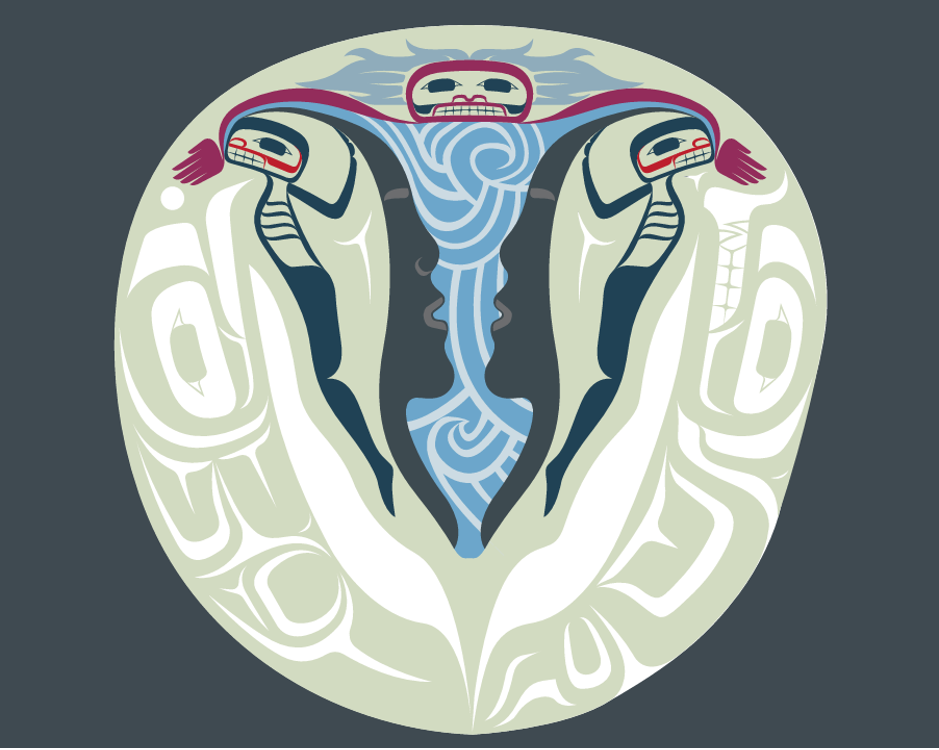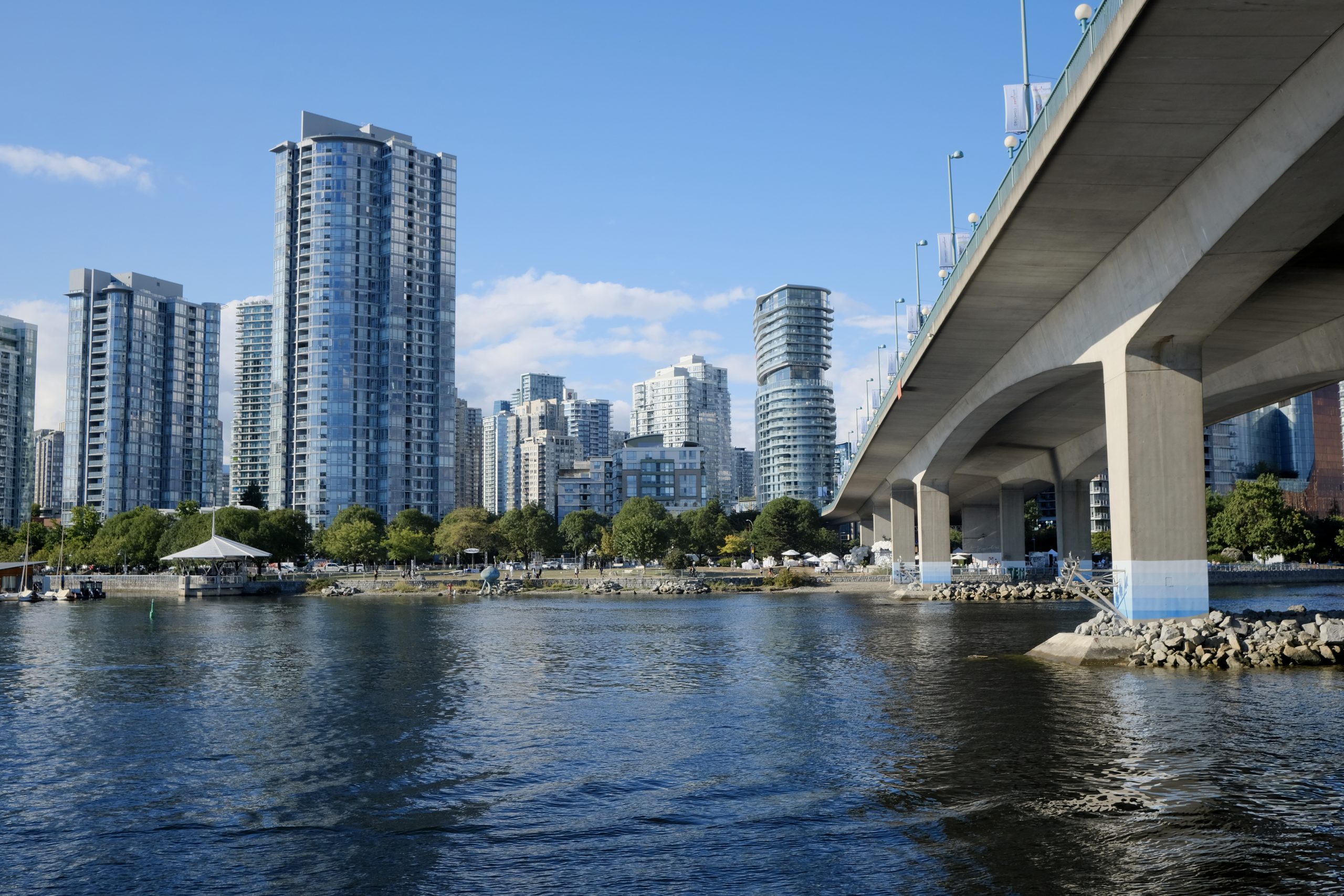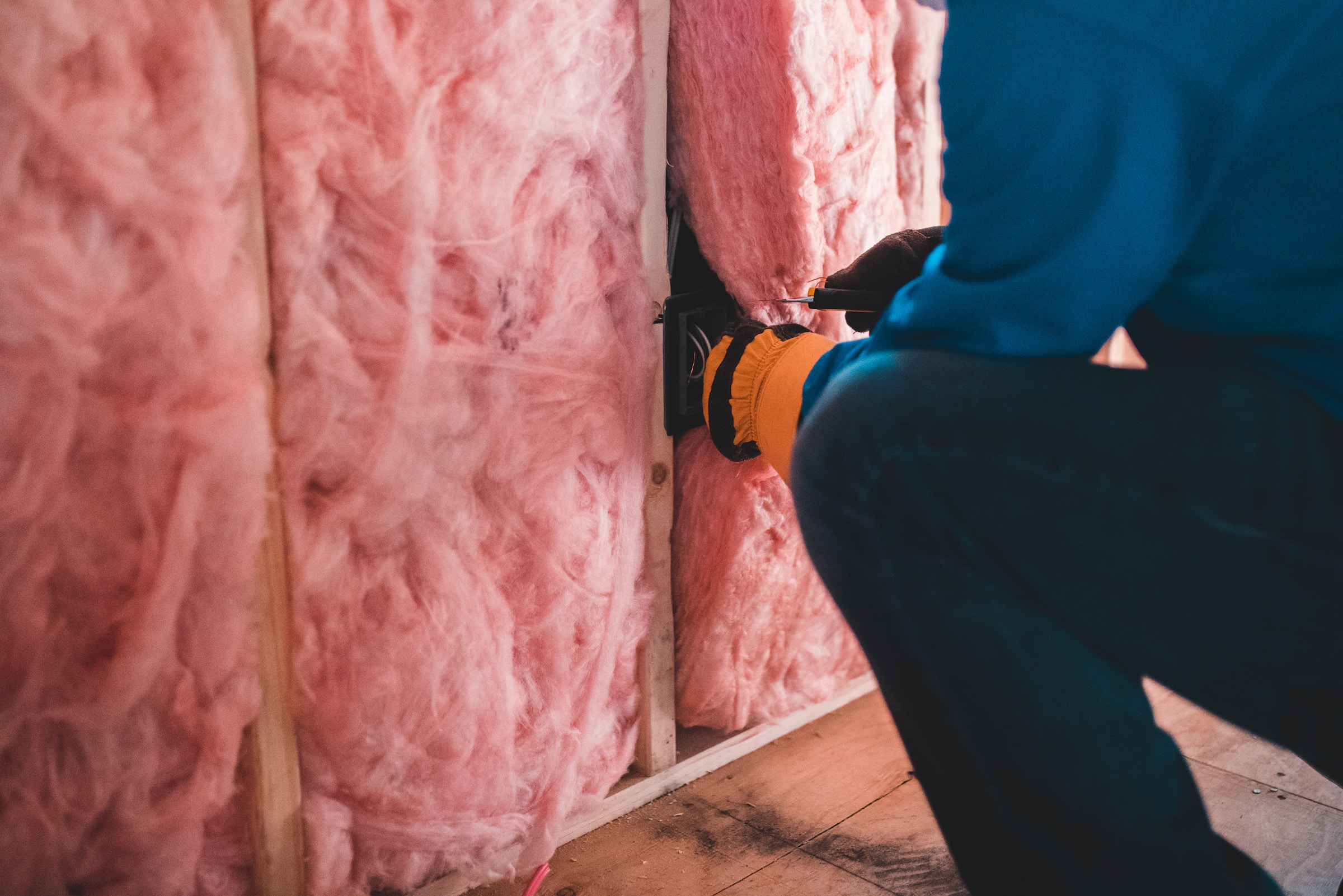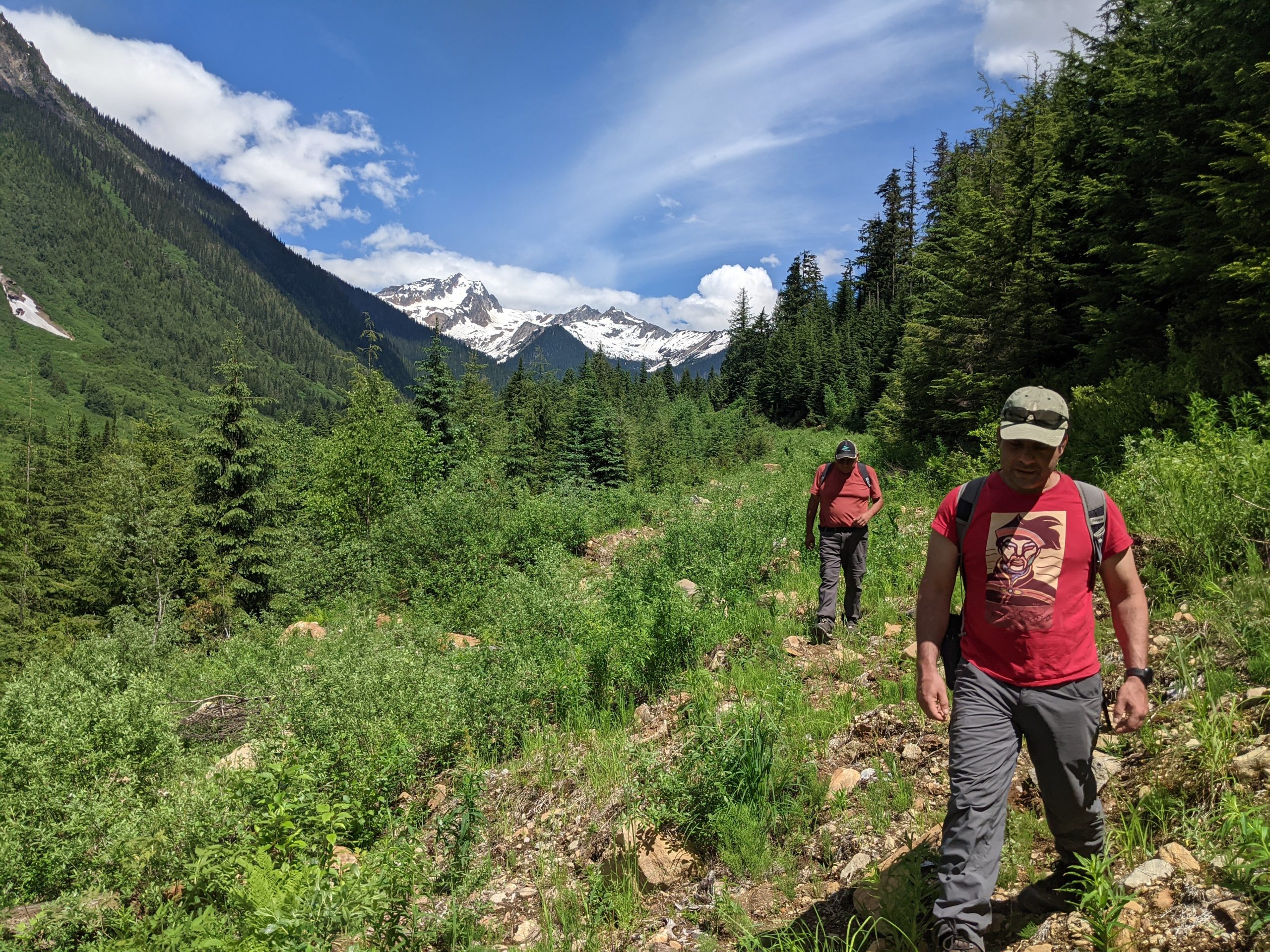Cities, Climate and Inequalities - Fighting climate change in an urban context: Toward a disability inclusive approach
6 May 2024
By Sébastien Jodoin and Naomi Gupta
While existing literature already addresses the consequences of urban climate action for racial and socio-economic inequalities, its intersections with inclusion and equality for people with disabilities have received little attention from researchers. This lack of knowledge is problematic in light of emerging evidence that climate mitigation and adaptation efforts have the potential to dismantle and reinforce the social, economic and physical barriers faced by people with disabilities.
Cities, Climat and Inequalities - Presence & power: The illusion of Indigenous inclusion in climate adaptation plans in Canada
3 May 2024
Par Janna Wale
Over the past several years, there has been an increasing recognition of the importance of including Indigenous knowledge in both responding and adapting to climate change. Canada’s first National Adaptation Strategy (NAS) and associated Action Plan (NAP), released in draft in 2022, presented a landmark opportunity for Indigenous people to both meaningfully contribute and lead climate action and adaptation. However, many aspects of Indigenous inclusion and representation in the development of the NAS and NAP fell short. This research considers the involvement (or lack thereof) of Indigenous peoples in adaptation planning and decision-making in Canada.
Cities, Climate and Inequalities - Exploring equity and justice content in Vancouver’s environmental plans
22 April 2024
By Emeralde O’Donnell et Andréanne Doyon
Scholars have raised concerns about vague uses of equity and justice terms negatively impacting equity and justice work in planning. We explored the link between equity and justice framings and outcomes in four of Vancouver’s environmental plans. With the inequitable impacts of climate change and a history of planning worsening inequities, we must consider how approaches to equity and justice are impacting planning work in our cities.
Cities, Climate and Inequalities- Key considerations for addressing the equity deficit in municipal climate action
15 April 2024
By Jennifer Dobai et Manuel Riemer
Increasingly, municipalities are taking actions to address global climate change at a local level. Yet, some of these actions generate unintended consequences for marginalized communities, resulting in an equity-deficit. In this summary, the authors first review a study that explored the perspectives of key municipal sustainability actors on this equity-deficit in municipal climate action. While there was a general awareness of this issue, the participants highlighted several key structural barriers in addressing it. Building on this finding, the authors then review a second connected study from the same municipal area that investigated how a needed transformation may be initiated by shifting mental models of municipal leaders.
Cities, Climate and Inequalities - Achieving deep-energy retrofits for households in energy poverty
9 April 2024
By Laura Tozer, Hannah MacRae et Emily Smit
This systematic review identifies which factors influence the achievement of energy retrofits for households vulnerable to energy poverty. The results identify a range of influential factors across several themes: financial, policy, organizational, trust, communication, technical, attitudes, and health. Quality of life, health, trust, and communication are particularly influential motivating factors among households vulnerable to energy poverty. Financial considerations such as the availability of no-cost retrofits and the prospect of lower costs are also important. Government requirements to retrofit and minimum energy standards are motivating, particularly in the social housing sector.
Cities, Climate and Inequalities - Supporting climate action and Indigenous self-determination: Ethical space-based planning in the Upper Columbia region of British Columbia
2 April 2024
By Moe Nadeau
Planners play a key role in shaping society, but have historically oppressed Indigenous communities. Adopting Ethical Space-based planning can balance power dynamics between Indigenous and non-Indigenous governments, fostering collaboration and ethical decision-making for land. Indigenous voices are the key to climate action, as their deep connection and commitment to act in relationship with the land supports long-term sustainability. This research offers recommendations to advance Ethical Space in planning initiatives. Through Ethical Space, planners can create more just and resilient futures.
Charger davantage de contenu
